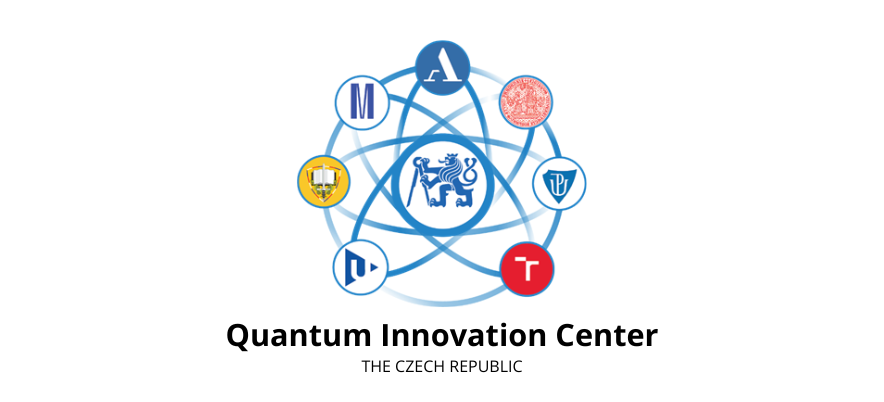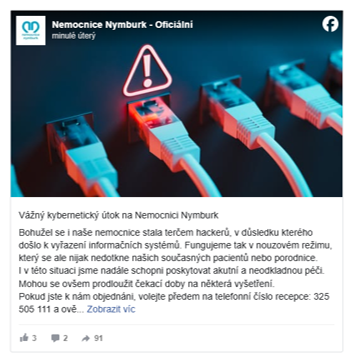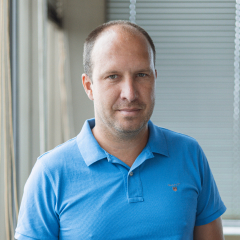
When IT gets sick: how much human health depends on technology
3 minutes

Information technology has long since become a normal part of our world. They may have more in common with human health than meets the eye.
The importance of prevention
If we are talking about the summer season, the most likely association is probably that of the use of technology in smart applications. From those we commonly use to arrange travel or accident insurance, to tracking our location when moving abroad, to various bio apps. And we don't necessarily have to go abroad - even within the Czech Republic, an app like Ambulancewhich, among other functions, sends alert notifications.
They all have at least one common denominator - prevention.
Virus in the body or on the network - both are dangerous
In the same way that we want to avoid health complications, and logically should try to prevent them by early visits to the doctor, rather than solving the "problem" afterwards - so it is quite analogous in information technology.
From the perspective of our company and our clients, information technology is without exaggeration essential for the operation of companies and organizations, but it is also - unfortunately - still a great vulnerability.
In the context of the past few days, when everyone must have noticed another incident that targeted critical infrastructure again for a change, and the massive cyber attack that the hospital in Nymburk was subjected to at the beginning of the month, this is again a topic that cannot go unmentioned.

The cyber attack shut down virtually all systems, literally paralyzed the hospital and forced it to go into emergency mode. As hospital spokesman Jan Záruba commented , "We registered the attack at about 4:30 in the morning, it affected all our systems, computers, simply put, nothing worked at all."
That's a state you really don't want to wake up to as an IT employee in the morning.
Alarming situation
We don't want to point out the hospital's apparent lack of security. After the battle, everyone is a general, it is very easy to criticise, and we know that a specific hospital environment, where there are a number of systems, is very difficult to manage. We also believe that for the local IT department, this cyber attack is equal to their worst nightmares. According to the latest information, it was ransomware.
However, in the context of the legislative development of the Cybersecurity Act and the NIS2 Directive, which imposes a number of obligations, it is striking that this is still happening. Fortunately, the black scenario in which a patient would die due to the paralysis of the hospital's operations due to the transfer of important operations has not occurred. However, it has happened before (in the UK) and it was very sad and direct evidence of the consequences that such attacks can have.
Not on dates. But on real patients.
Sensibility of the investment
What is the conclusion? The interconnectedness of information technology and health is undeniable nowadays. Just as we should take a responsible approach to the protection of our physical and psychological shell, we should also take adequate care in the prevention and treatment of our IT. After all, as the spokesman of the Nymburk hospital commented, "The attack took us back to the paper age." - and that's something you really don't want. Nobody wants that.
Hopefully, this next incident will finally be a driver for faster changes in the setup and, last but not least, an argument for a possible increase in investment in cybersecurity. Because to state that the hackers were unfortunately a few months (again) faster is very sad and we can only be glad that the consequences were not fatal.
Our recommendation is simple. Take advantage of the summer months and the often slower pace in your business to review your cyber security. Even a "simple" security scan can reveal significant vulnerabilities that can be fixed. There are a variety of tools, the important thing is to get started.
So that you need the "IT doctor" or "IT emergency room" - as little as possible. Preferably not at all. And not only in summer :).
What else to read
See more news from the world of IT and ITS




